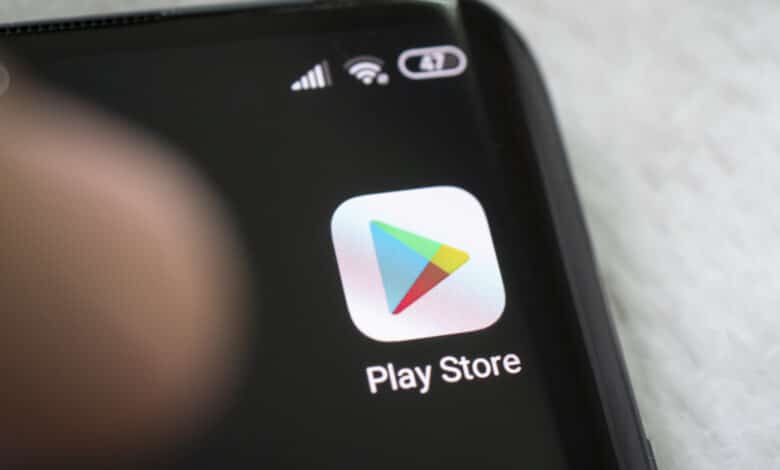
Those who complain about the payment policy of the Apple App Store should take a look at the Google Play Store. The search engine giant has now also put massive pressure on app developers in its own App Store. They can now hardly avoid using the Google payment method. And this is associated with a high fee.
No more exceptions possible
The fact that Google insists on its own payment system for purchases within apps is not new for app developers. However, until April 1, it was possible to circumvent this constraint with a few simple tricks. Now, however, Google is getting serious. App developers are now even prohibited from referring to other payment methods within their smartphone applications. In view of the impressive 30 percent that the search engine giant retains from app purchases, this approach is more than understandable. After all, it not only allows developers to retain more money. On top of that, the prices are often lower, which also ensures that the customers benefit. Of course, these detours have always been a thorn in Google’s side.
And even though it was an open secret in developer circles, the app providers still relied on their lucrative detour. In September 2020, the giant tech company from California had enough. The company announced without further ado that it would ban the detours. So that the developers could comply with the “request”, Google gave them a deadline of one year. Since the search engine giant later decided on a fair extension of just under half a year, developers could still implement their reference to alternative payment methods. On April 1, 2022, however, the deadline extension also expired.
A hard blow for big apps, too
Of course, the regulation affects both small and large apps. But it hits some of them particularly hard. For example, Amazon’s audiobook service called Audible. Titles can be conveniently purchased within the app. Of course, it was possible to pay easily using Amazon’s payment data or simply by credit card. This is now a thing of the past. Payment via Google service is now the only alternative. In view of the 30 percent that Google wants to retain in the process, users of Audible and similar services that are based on in-app purchases, so to speak, should expect a price increase.
Google aligns itself with Apple
Here, Google’s approach is strongly reminiscent of that of its competitor Apple. The latter also made headlines at the beginning of the year with a commission increase to 30 percent. But Google’s plans presumably go back even further. After all, the company already announced in September 2020 that it wanted to levy a so-called compulsory fee. This includes all revenues that an app developer generates with his app in the Google Play Store. However, since Google needed a long time to actually implement its horrendous fee, developers looked for workarounds. They simply integrated their own payment methods into their app. What was a clever trick has now been summarily banned. This becomes clear with a look at the new Google guidelines with validity from April 1, 2022. It states here:
“Apps must not redirect users to a payment method other than Google Play’s billing system”
Is Google getting its sheep in the dry?
But then there is one prominent exception – Spotify. The world-famous streaming service from Sweden may integrate its own payment method with official permission from Google. The two companies are said to have reached a special agreement specifically for this purpose. Google itself makes it clear that Spotify does not have to be an isolated case. This should rather be seen as a kind of pilot project that other apps can join in the future. However, the company still leaves details open as to who will be allowed to join this elite circle. It is certain that Google’s actions have a bad taste.
Similar to Apple, one gets the feeling that the company wants to get its sheep in the dry as quickly as possible before legal regulations about compulsory levies put a stop to it. South Korea shows the direction in which the laws in other countries could go. There, Apple has been banned from charging its own payment method and thus a commission of 30 percent. Google is likely to suffer a similar fate there. And the Digital Markets Act (DMA) currently under discussion in the EU also appears to prohibit any compulsory levies. After all, its goal is to prevent the market-dominating position of these gigantic tech companies.



No replies yet
Neue Antworten laden...
Gehört zum Inventar
Beteilige dich an der Diskussion in der Basic Tutorials Community →